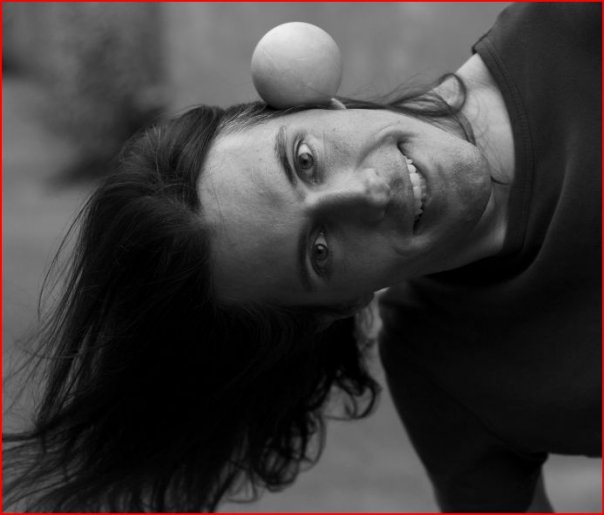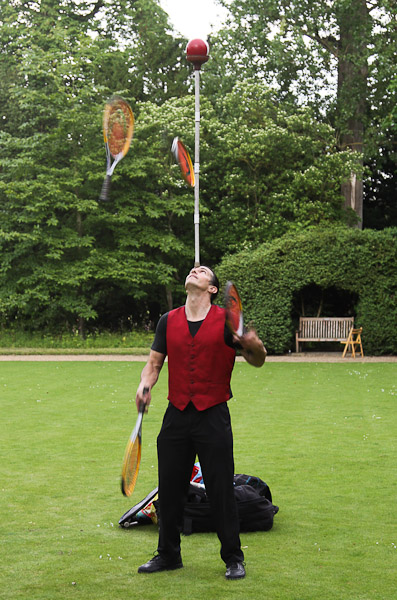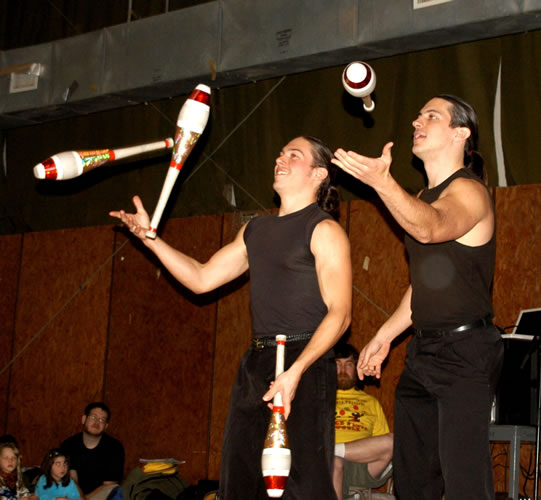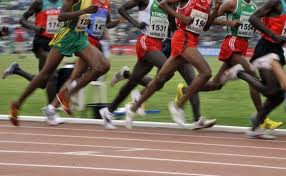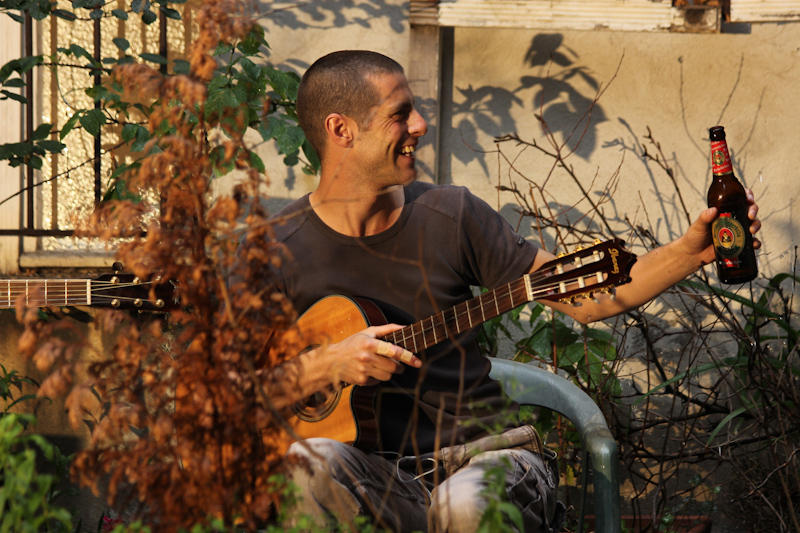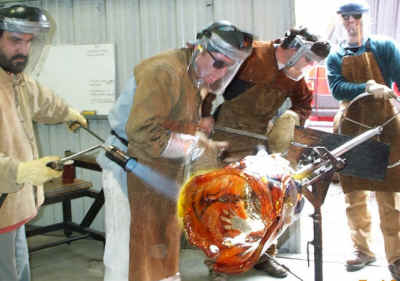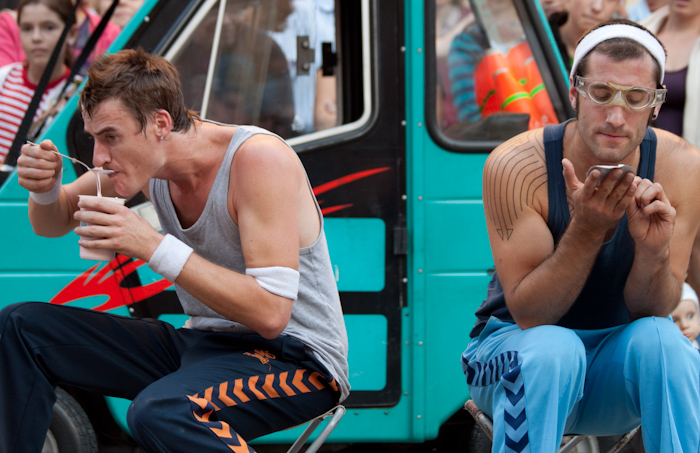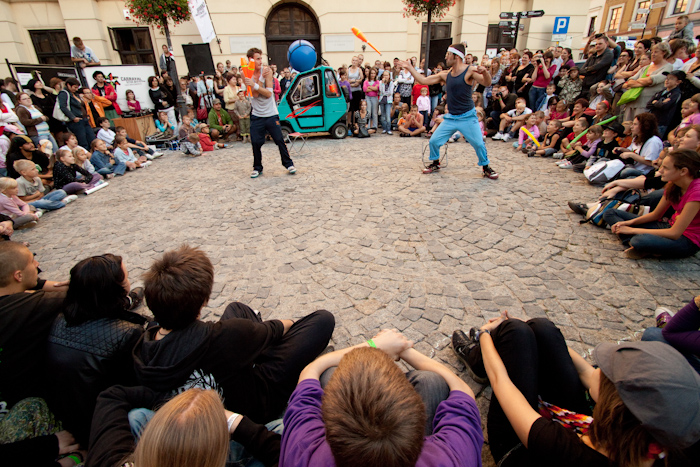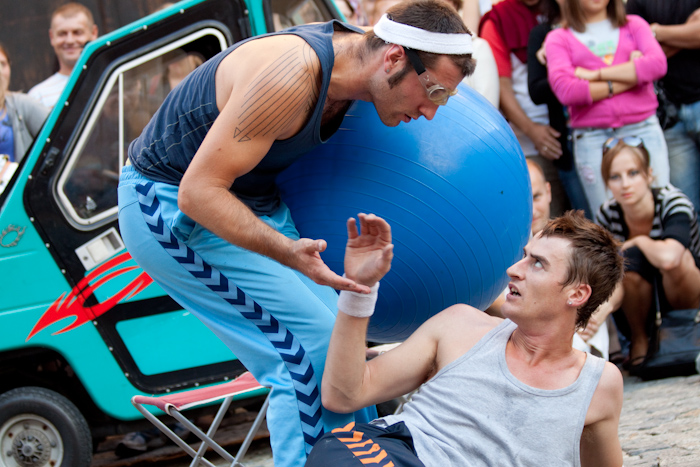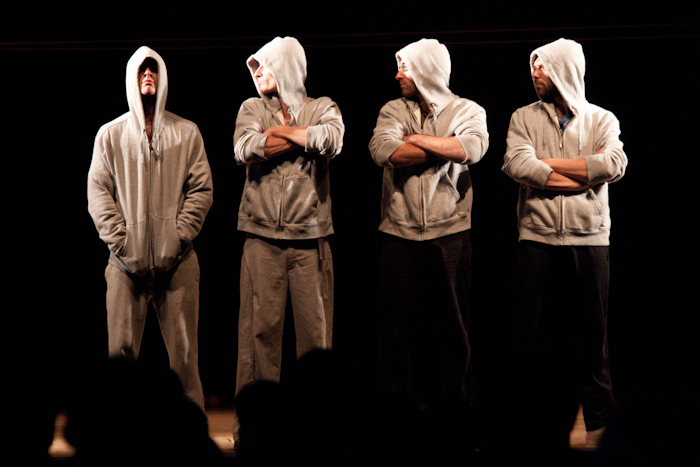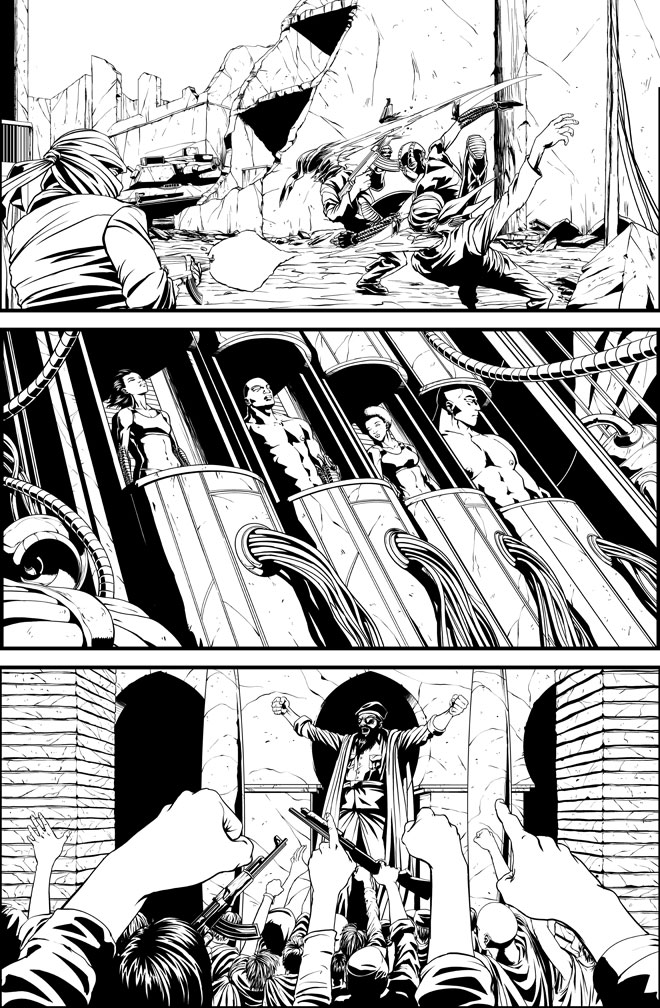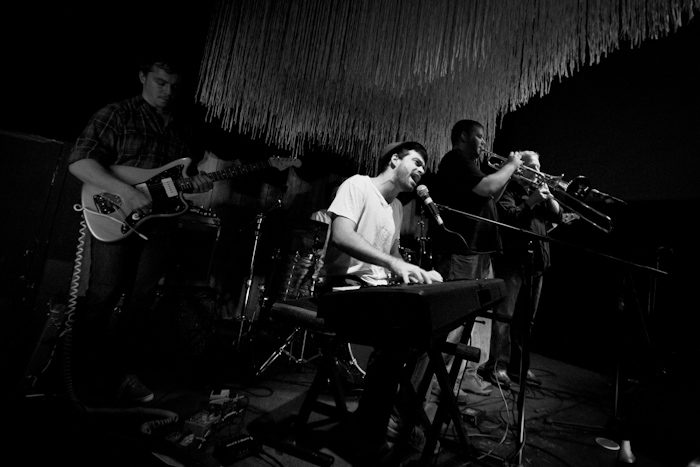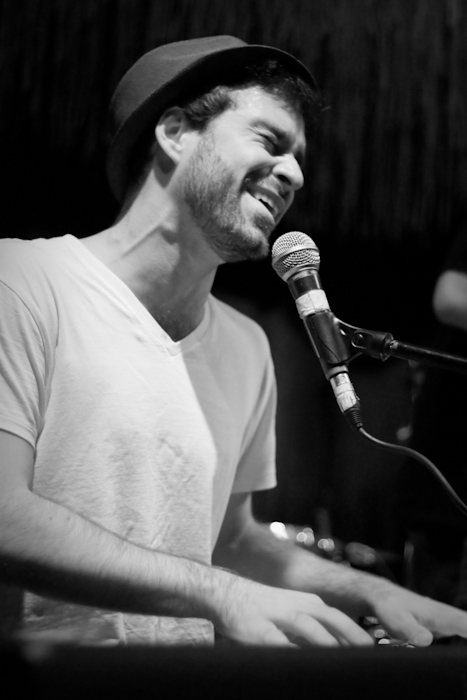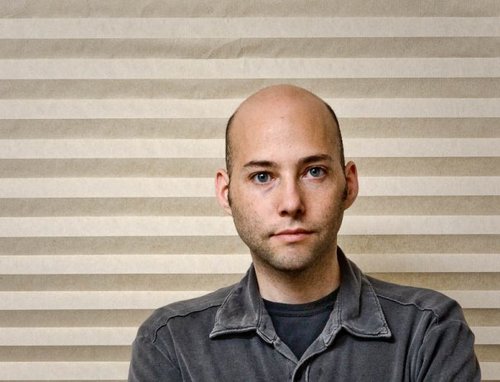
Podcast: Play in new window | Download
In this episode I chat with Ibarionex Perello, a photographer, writer, teacher and podcaster. He hosts one of my favorite podcasts ever, The Candid Frame, and was a big inspiration for this very podcast project.
Notes:
A professional photographer who writes and teaches, or a professional writer and teacher of photographer?
Worked out how to make a living doing exactly the kind of photography he enjoys the most, despite it not being obviously commercial.
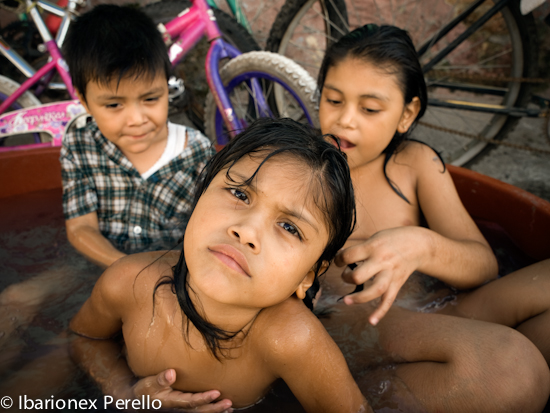
Find the interesting light first. Then find the subject.
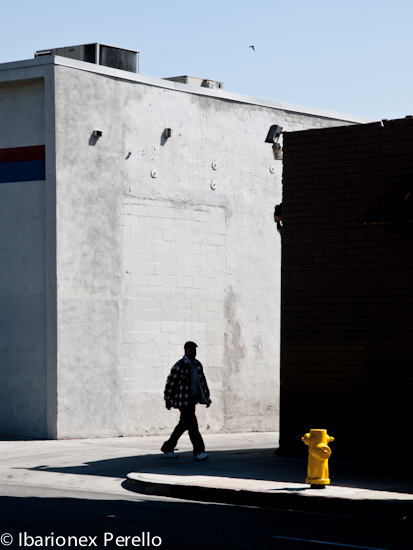
Luke talks about a recent photograph in the park. Not a great photograph, but illustrative:
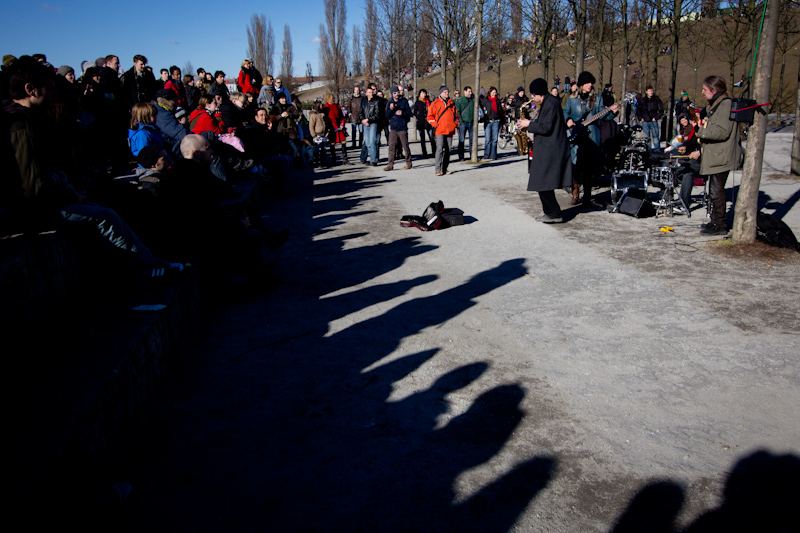
Capturing what we felt at the time of the photograph.

What interests me most in this scene? Then remove everything else.


People watching my juggling show don’t ask what equipment I’m using.
Taking risks as a juggler.
Finding a personal style through a personal subject.
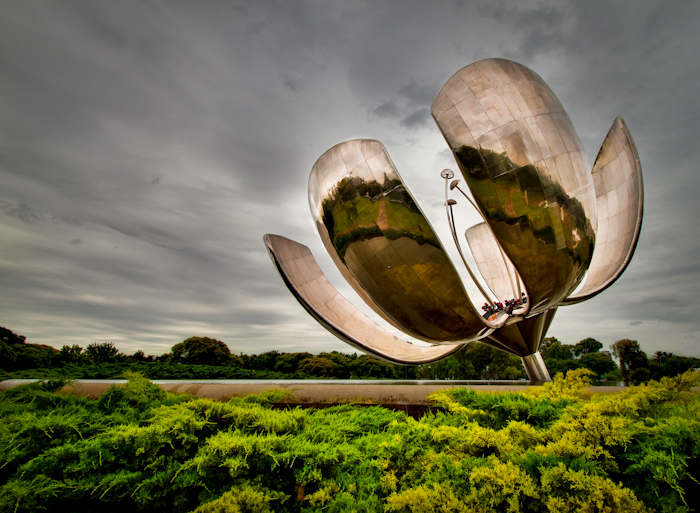
I say: Finding a new style by finding a unique subject. Photographing jugglers gives me a distinct style, photographing the same old travel shots makes me the same as someone else.
Ibarionex says: Find a new style with the mundane, and when the unique comes along your photograph will really shine.
The Candid Frame Podcast – conversations about photography, not about gear.
Using magazine credentials to secure first interviews. And then using the interviews so far to secure later big names.
If you want to be a good interviewer, learn how to listen.
A list of questions is a questionnaire, not an interview.
Studs Turkul – interviewed everyday people for his books.
Interviewing is hard, and very personal.
Want to get something out of the subject that they didn’t know they wanted to share.
The discussion nature of this project is so I get things out of myself that I didn’t know I knew.
Is this a selfish project?
The gems fill only 60 seconds per episode, but everyone will have a different set of gems.
Becoming a blank canvass for the listeners, so everyone can find their own specific appeal.
Interviewing people who have never been interviewed vs old hands.
Interviewing as a conversation, not just soft-ball questions and press releases.
“Wommack!”
Cringing for and alongside the guests.
Pass a humanity test. People crave human connections.
As I becoming more personal in my podcast, more people care. And listen.
The legacy of non-technical content. People will remember the personal connection even 10 years later.









